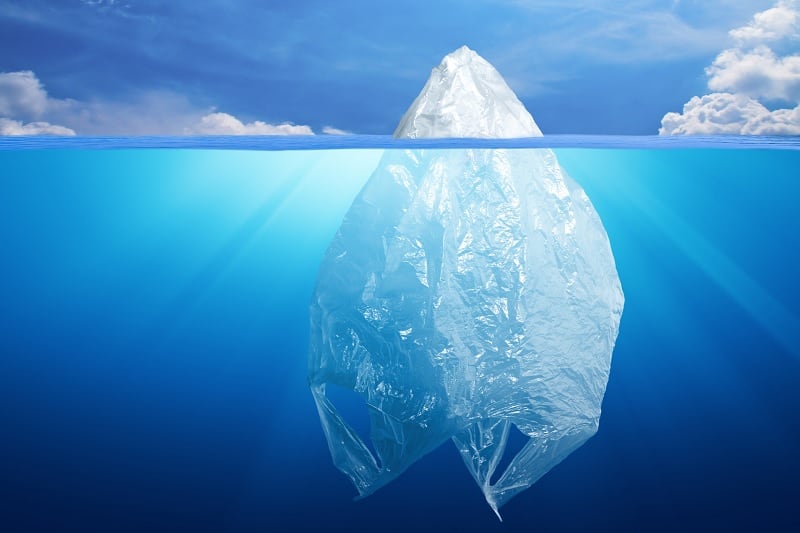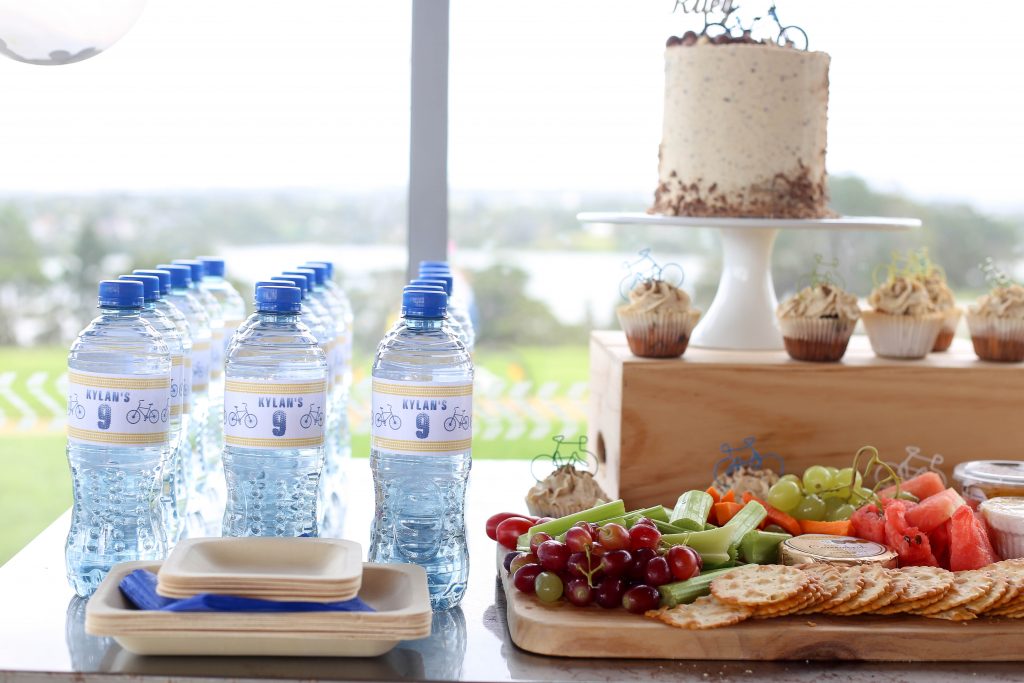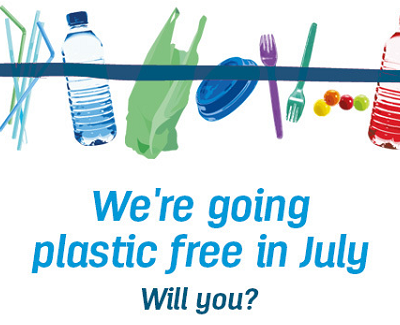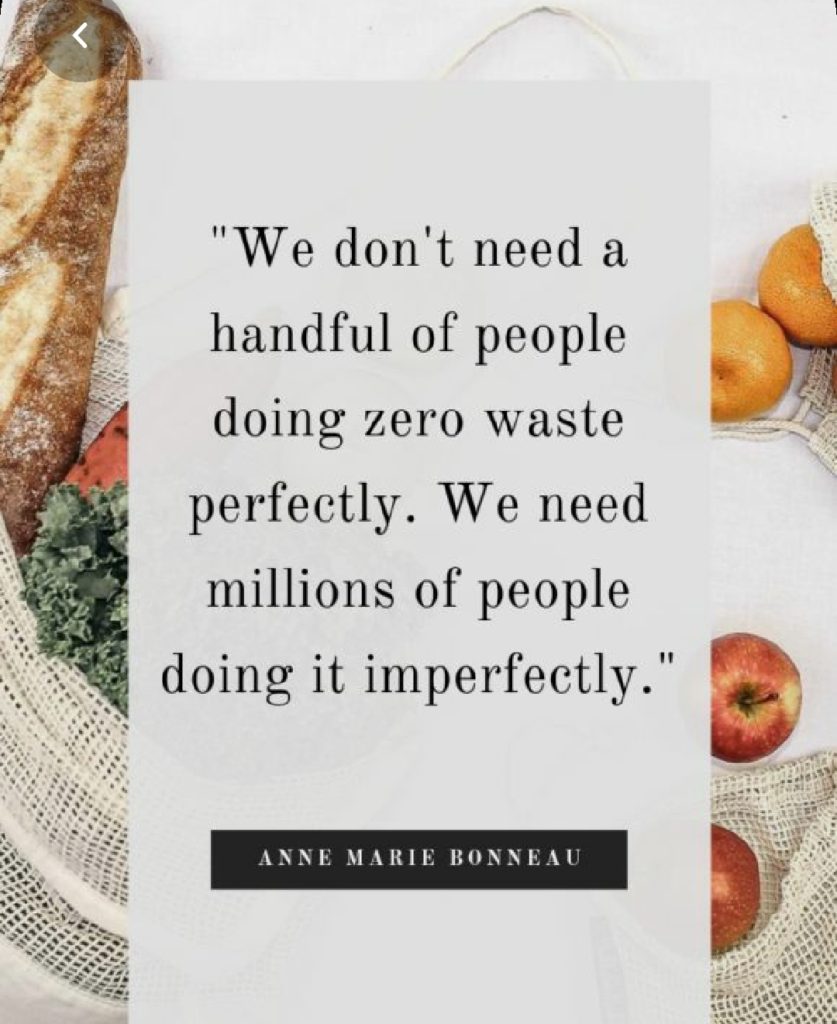There was the time when in wedding parties or any other social gatherings, food was served on pattals, (plates made of dried leaves), hot beverages set out to the guests in kullad (glass made of clay). I am referring to the era when I was a small kid. Hence, the connecting point of my faded memory was the sidhi ghar (staircase house) on the terrace , which was always occupied with hundreds of kullad, carefully kept for further use in other social gatherings.

Those were the days when we used to have fruits and vegetables directly come from the farm, freshly plucked. And if I talk about the kitchen, from rice and wheat to the spices and snacks, there was a storage room to accommodate everything. Periodically all of them got fetched for drying up in the courtyards. We used to get maximum interaction with pigeons and sparrows, even goats once a while when they barge into the courtyard as unwanted guests and enjoy the feast under the sultry sun. I can’t tell you how Satisfying it was to see the process of transformation of malai into butter. Homemade Papad, pickles, chips etc.
Even today I get bewildered to see the fan which was installed back in the 1960s I guess, still in the same condition, without servicing or replacement of any part.
There are many more such things which directly connect me with our minimalistic lifestyle, our organic approach, which became a lost heritage now.

We didn’t even realize how gradually we moved to a fast forward life and left those organic lifestyles as part of a poor community. Now unpolished rice became sub standard food for poverty stricken people and flax seed turned into the foster food for animals. Local vegetables became so middle class and having water directly from the well became unhygienic.
Today in social gatherings, it’s impossible to ignore an array of bottled water which makes a beautiful symmetrical view in the corner.
And thermocol containers turned out to be an ease in any parties for servings. It’s impossible to ignore gigantic plastic packaging that comes with every online order. After all, we are living in the so-called 21st century, an era of UseAndThrow, FreeHomeDelivery and Takeaways.

Everything was going fine until the day pandemic hit us. Suddenly the whole world became standstill. Instantaneously we got into self introspection and with no time we realised how badly we have abused the earth. Suddenly we started talking about how the earth is healing in the absence of human intervention. We began to understand the meaning of the word “sustainability”.
There is a saying in hindi “der aaye, durust aaye”, But the question is have we really arrived?
Back in 2011, a very beautiful initiative was started by an NGO to minimize one-time usable plastic. They call it “Plastic Free July”. In 2019 it became a phenomenon and inspired millions of people, over 177 countries to participate in this movement. The idea is to consciously practice plastic-free life for a month and create awareness about the same and educate more and more people.

In our day to day life, we are distracted with an endless number of things. If we slow down for a bit and take some small yet conscious steps in our lives. We never know the extent of difference we could make collectively.
